Leaves aren’t litter; don’t treat them like trash
By Julie Banken
WSU Chelan/Douglas County Master Gardener


For years, I dutifully raked the leaves that fell in my yard, and, after stuffing my compost bin with as many as I could, carried the rest up to the road. Until yard debris collection was an option, Waste Management took my leaves by the black plastic bagful and hauled them away to the landfill with the week’s garbage.
Last year, however, this fall ritual got interrupted. Instead of putting them in the green yard waste bin, load by load, I put all my leaves into a wheelbarrow and carted them to an empty corner of my garden so I could deal with them later. The pile grew until I had to push the wheelbarrow up a small mountain of leaves to dump it, and by the end of autumn, the pile stood at least 3 feet high at its peak.
Maybe it was because the leaves fell so late. Instead of chipping away at my leaf pile by filling up the green bins every other week, I left the leaves there. “Leave the leaves” is the new conventional wisdom, and that’s just what I did. When winter came, I forgot all about them.
Mother Nature is the ultimate recycler. No one rakes up the leaves in a forest, yet every year they seem to disappear. That is exactly what happened to my giant leaf pile. By springtime it had predictably deflated, but by the end of the summer, only a few inches of crushed, dry leaves remained. Below that lay dark, crumbly compost and some very happy worms.
I’m not sure how much I would have to pay for this compost at a hardware store, but the lesson I learned was surely more valuable. I knew that leaves would decompose; what I didn’t realize was that they could be broken down into beautiful compost so quickly. With a little irrigation, it took less than a year for that giant pile of leaves to be completely transformed.
A study by Rutgers University showed that leaves contain on average about 1% nitrogen, .4% potassium, .4% phosphorus, and 1.6% calcium, along with a long list of micronutrients, such as iron and boron. While compost in general is not a substitute for fertilizer, it provides many benefits that fertilizer can’t.
Leaf compost is almost 50% carbon, making it an important source of organic matter. Adding organic matter to your soil simultaneously increases drainage and retains moisture, improving its texture. Better yet, as microorganisms and small invertebrates feed on it and break it down, they slowly release the leaves’ nutrients and minerals, making them continuously available to plants.
It’s time to rethink the way we describe leaves in the fall. Calling them “yard waste” sends the wrong message. Leaves are not litter and shouldn’t be treated like trash. They are a natural, renewable, (and free!) resource that shouldn’t go to waste. They are my trees’ way of replenishing the soil they grow in, a last gift before winter.
Rather than sending them away to decompose elsewhere, reuse your leaves at home. If devoting space for one big leaf pile isn’t possible in your yard, spread them directly over garden and flower beds. Keep them moist so they don’t blow away. Not only will a thick layer of leaves return nutrients to your soil next summer, they will also provide winter insulation for your plants’ roots and prevent weeds from growing in the spring.
Unfortunately, lawns don’t do well if they are covered for too long under a thick blanket of wet leaves, so protect turf from getting smothered. To minimize raking, WSU Extension’s Calendar of Garden Tasks recommends running over dry leaves with your lawn mower and leaving the small pieces to break down.
While shredding leaves with a lawn mower will speed the decomposition process, consider the benefits of raking them up and leaving them whole. Many insects and other garden arthropods that may be living among them will appreciate not getting chopped up, and whole leaves will provide them with needed shelter and protection when winter comes.
A WSU Chelan and Douglas County Master Gardener column appears weekly in The Wenatchee World. To learn more, visit bit.ly/MGchelandouglas or call 509-667-6540.
